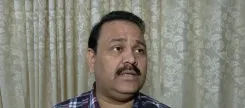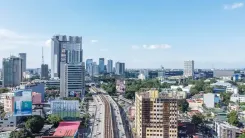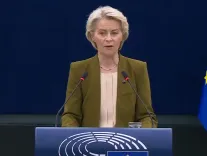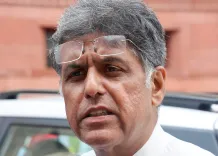Why Were Awami League Ministers and Others Arrested?
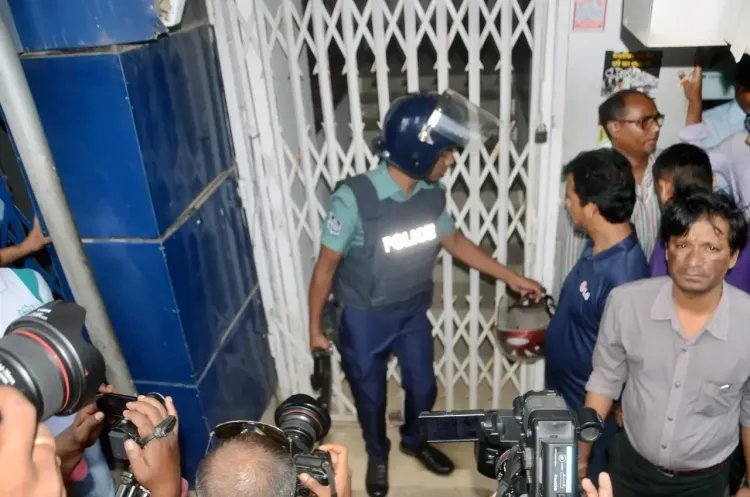
Synopsis
Key Takeaways
- Arrests of prominent Awami League members
- Charges related to protests from last July
- Concerns over political motivations
- Interim government facing criticism
- Impact on Bangladesh's democratic framework
Dhaka, Sep 17 (NationPress) A Bangladeshi court has recently ordered the arrest of former Law Minister Anisul Huq along with seven other individuals in relation to three murder cases stemming from the demonstrations that occurred last July. These cases were filed at the Jatrabari and Bhatara police stations.
The order was issued by Dhaka Metropolitan Magistrate Ariful Islam after the accused appeared in court, each submitting separate petitions to acknowledge their arrests regarding the cases from these police stations. Consequently, all eight individuals have been remanded to jail.
Among those apprehended are former industries minister and Awami League advisory council member Amir Hossain Amu, Jatiya Samajtantrik Dal (JSD) President Hasanul Haq Inu, Rashed Khan Menon, a key figure in the Awami League-led 14-Party Alliance, along with former agriculture minister Abdur Razzaque.
Other individuals arrested include former independent MP Syed Sayedul Haque Sumon, former Awami League MP Kazi Monirul Islam Monu, and Nassa Group Chairman Nazrul Islam Majumder.
The court proceedings revealed that Anisul, Amu, Razzaque, Inu, Menon, and Sumon are facing murder allegations regarding an individual named Riaz, which were filed at the Jatrabari Police Station.
In a separate case, Awami League MP Monu was apprehended over the death of Jubaid Islam, which also occurred at the Jatrabari Police Station. Meanwhile, Majumder was arrested in connection with an attempted murder case involving Naim Hossain Niloy lodged at the Bhatara Police Station, as reported by Bangladesh's prominent daily, The Business Standard.
This situation unfolds amidst an ongoing crackdown on Awami League leaders and affiliated officials under the interim government led by Mohammad Yunus.
Recently, the Awami League has accused the Yunus administration of employing arbitrary arrests as a mechanism to stifle dissent and eliminate political opposition within the country.
Political analysts perceive these actions as a significant political vendetta orchestrated by the Yunus government, especially since numerous cases were filed against former Prime Minister Sheikh Hasina and her party members on baseless grounds shortly after her removal in August 2024.
Hasina's abrupt exit last August was widely regarded as a serious blow to the democratic framework of the nation. The interim government has also faced severe criticism for harboring radical and extremist Islamic groups.

